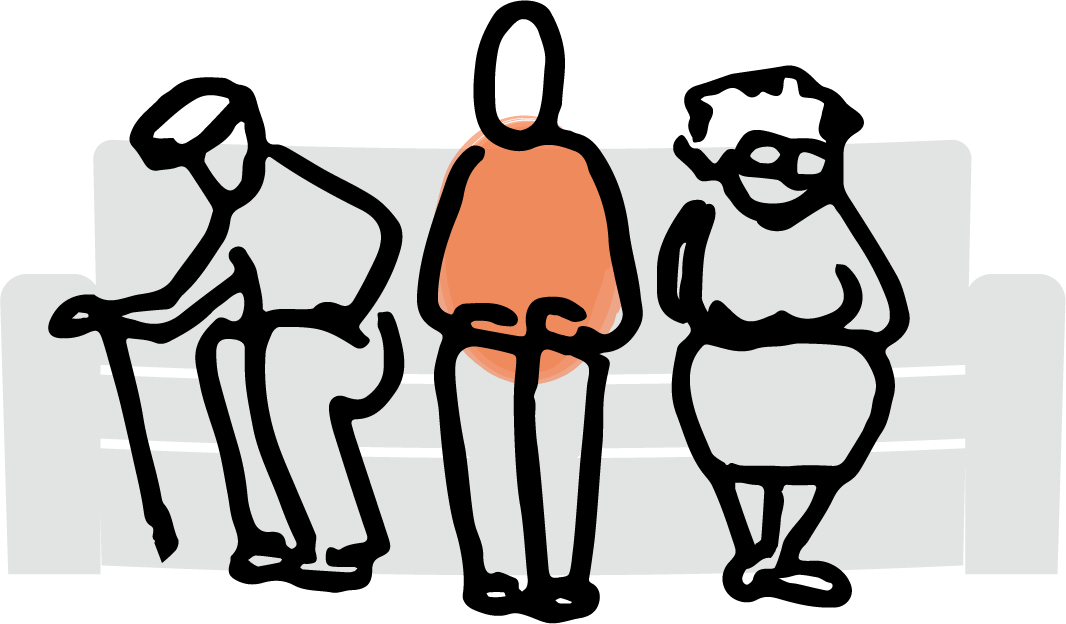Don't Jump to Conclusions
Three Things with Cathy Minter
What have you learned about helping older parents that you wish you had known earlier?
That’s the question I asked Cathy Minter, CEO and cofounder of Wisdom — a smart home technology company she launched during her own caregiving journey.
Here, in her own words, are three things Cathy wants you to know:
1. Ask questions fearlessly.
I did not realize how much you need to stay on top of your parent’s care in today’s healthcare system.
Our parent’s generation was brought up to trust what a doctor says and not to challenge that. It’s not that doctors don’t have the patient’s best interest in mind. But they’re not perfect, either. There’s a lot of data between different doctors that does not get shared.
That’s what happened to my father. They were so focused on his cardiac condition, they didn’t realize he also had pancreatic cancer.
So no matter how good your parent’s medical team seems to be, ask questions. Fearlessly.
You’re dealing with a healthcare system that is still strained and stressed from the pandemic. And your number one job is to advocate for your parent. No question is too naive or embarrassing.
If something doesn’t seem right, say something and follow up.
2. Don’t jump to conclusions.
Don’t assume that you know what’s best for your parent. Or be quick to tell them what they should be doing.
For example, my Mom likes to stick to routines. But my sisters and I thought more variety was important. So we encouraged her to mix things up by going out to dinner now and then.
That caused a lot of tension — and now I wish we had taken a step back.
Because what I learned is that Mom had good reasons for not wanting to go out for dinner — and it wasn’t because she didn’t want to. It was that sometimes restaurant food does not agree with her, and she doesn’t feel well afterwards. And she’d rather feel good and preserve her energy.
So don’t jump to conclusions. And give your parent credit that there may be really good, valid reasons for their choices and actions.
Seek to understand first. Ask why before you try to solve what you think is a problem based on what you think is happening.
3. Look at challenges through your parent’s eyes.
This is something I learned from the focus groups I do with older adults: They don’t think of themselves as aging. They’re just thinking about trying to live their life to the fullest.
That’s why you want to ask your parent to share their thoughts about your concerns before you rush in with a solution. And listen carefully. Because both of you may be looking at the same problem differently. You might fear for Mom’s safety, but she’s more concerned about privacy and independence.
Instead, focus on how a solution helps empower Mom and Dad to stay healthy and live independently longer. That’s the big picture — and it’s easier for everyone to see it when you look at challenges through your parent’s eyes.
Coming Soon:
- My conversation with Cathy Minter about the promise and challenges of tech solutions for older adults and family caregivers.
Thanks for caring,

New to My Aging Parents?
Join us for practical tips and strategies to help you meet the challenges of helping your aging parents. Hand picked and delivered by email biweekly.
No charge. No spam. Unsubscribe anytime.
